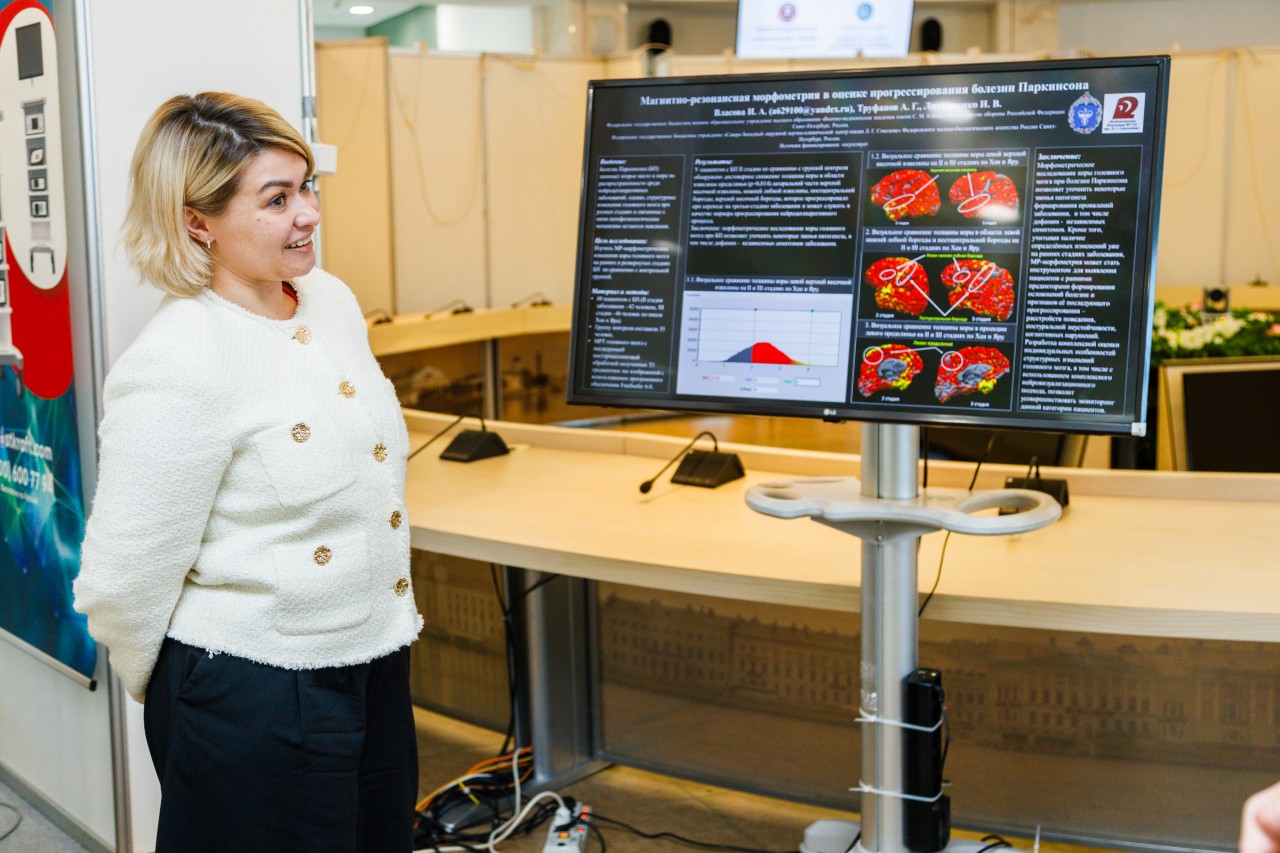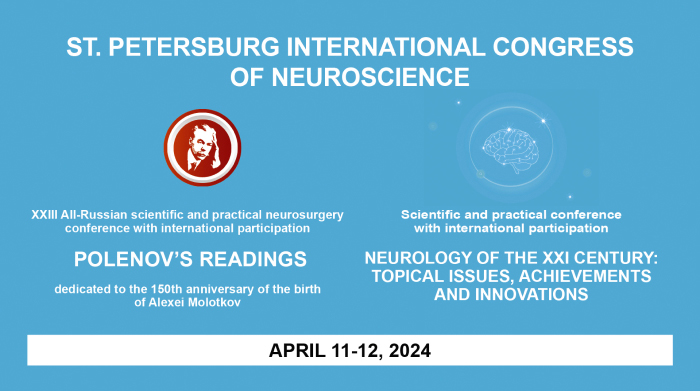
On 11-12 April, Almazov Centre was the venue for the St. Petersburg International Congress of Neuroscience. The Congress included the XXIII all-Russian scientific and practical neurosurgery conference with international participation Polenov's Readings dedicated to the 150th anniversary of the birth of Alexei Molotkov and the scientific and practical conference with international participation Neurology of the XXI Century: Topical Issues, Achievements and Innovations.
There were more than 1,500 onsite and online specialists and more than presentations were delivered.
The Congress brought together leading Russian and world experts: neurologists, neurosurgeons, psychiatrists, specialists in basic disciplines and healthcare executives from Russia and CIS countries.
The event was held as part of the programme of the WCRC for Personalized Medicine and supported by the Russian Ministry of Science and Higher Education.
At the XXIII All-Russian scientific and practical neurosurgery conference Polenov's Readings, leading Russian and foreign scientists from Belarus, Uzbekistan and Kyrgyzstan presented the latest achievements in neurosurgery and neurology. The scientific programme focused on the topical issues in modern neuro-oncology, cerebrovascular diseases and functional approaches in the treatment of epilepsy.
The plenary sessions focused on the future of neurosurgical science and practice, as well as topical issues in neuro-oncology and functional neurosurgery. The lecture, which was dedicated to the 150th anniversary of Professor Alexei Molotkov, the founder of the Polenov Neurosurgical Institute, was of particular interest to participants.
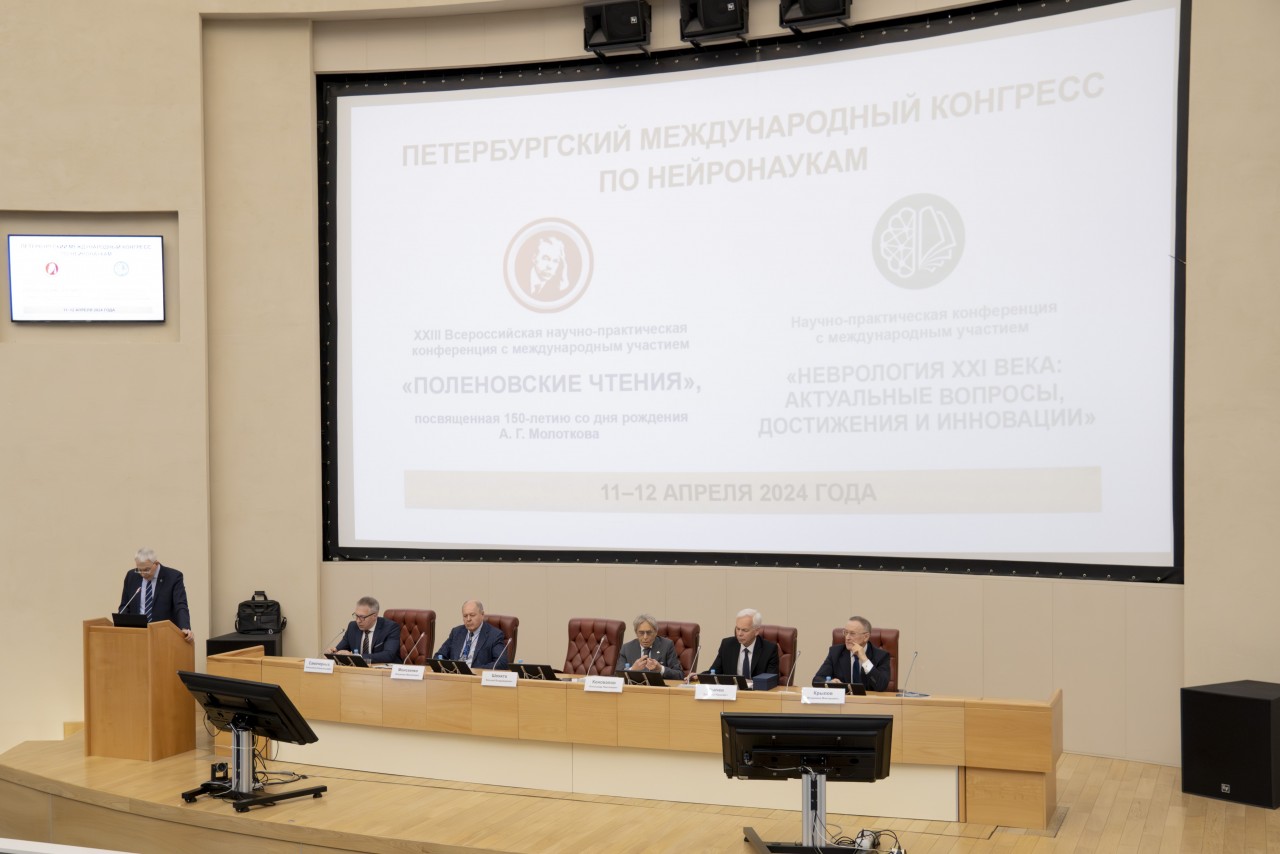
The conference included break-out sessions on a number of key topics, including neurotrauma and its consequences (with a particular focus on combat-related brain injury), the achievements and prospects of developing surgery for intracerebral tumors, the philosophy of choice in vascular neurosurgery (microsurgery or endovascular treatment), challenges of modern pediatric neurosurgery and more.
At the conference, leading specialists discussed the most pressing issues currently facing modern neurosurgery, with a particular focus on the interdisciplinary approach. Additionally, they outlined prospects for the future development of this crucial field of science and practice.
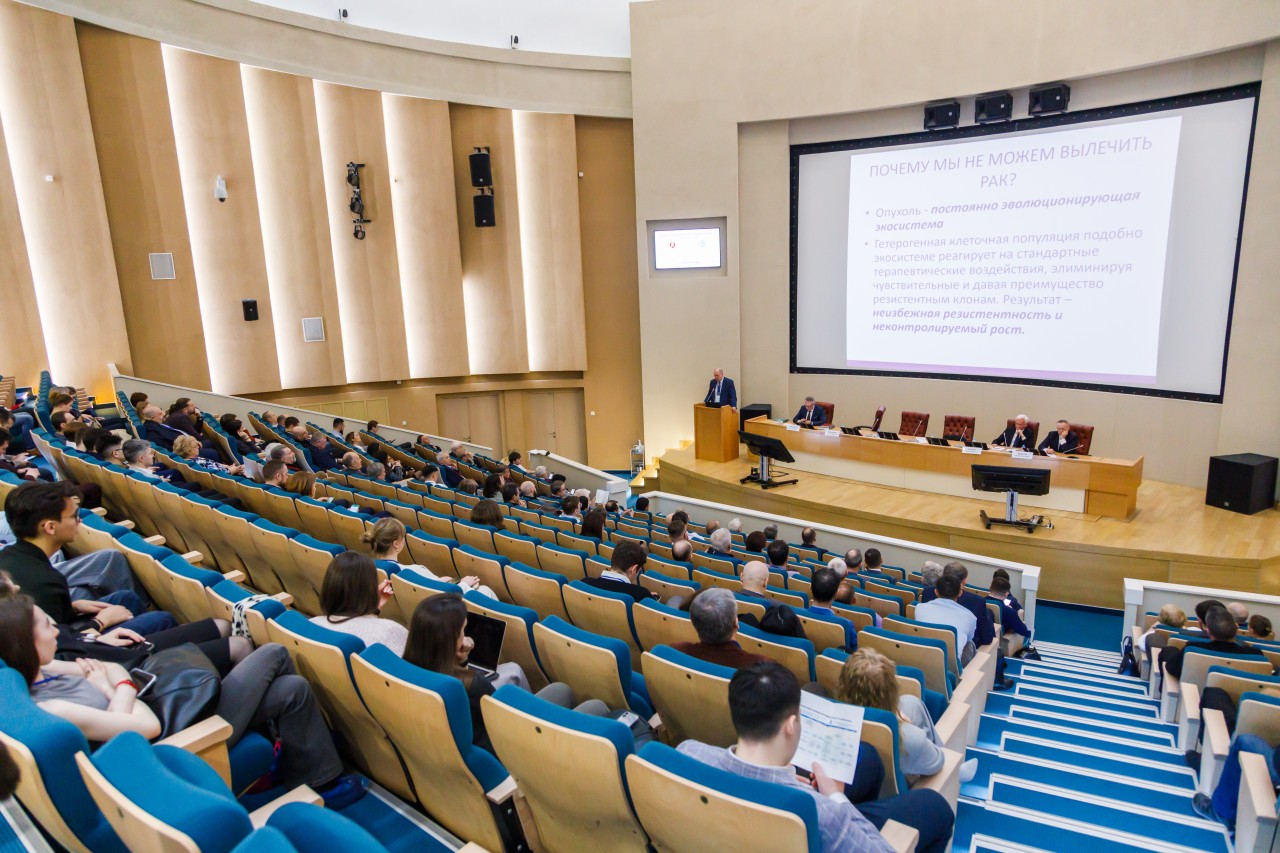
Another event held as part of the Congress was the III Scientific and practical conference with international participation, entitled ‘Neurology of the XXI Century: Topical Issues, Achievements and Innovations’. The scientific organizer of the conference was the Department of Neurology with Clinic of the Institute of Medical Education chaired by Professor Tatiana Alekseeva.
In her welcome address, Professor Alexeeva presented the collective monograph ‘Neurodegenerative disorders (pathogenesis, clinic, diagnosis and therapy)’, which provides a comprehensive overview of the experience of the Department of Neurology with Clinic and leading neurologists, geneticists, psychiatrists, infectious disease specialists, radiologists and pathophysiologists of St. Petersburg.
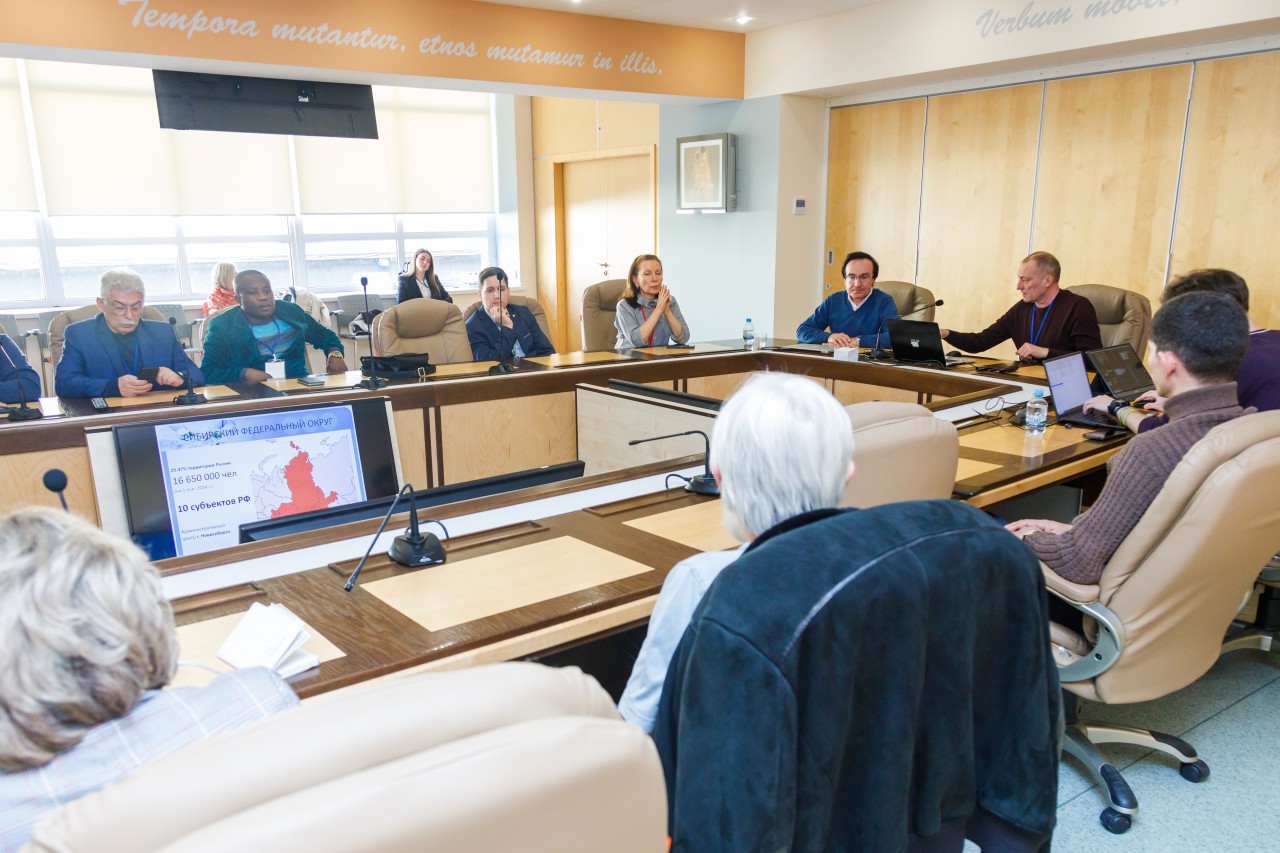
The plenary session included lectures by Academician of the Russian Academy of Sciences A. Skoromets, Corresponding Member of the Russian Academy of Sciences M. Martynov, Professors I. Voznyuk, A. Boyko, N. Spirin, N. Skripchenko, and L. Chutko, who presented the latest achievements in the diagnosis and treatment of the most urgent socially significant diseases of the nervous system.
The conference featured both traditional sessions on the most topical issues of neurology, where the latest data on the pathogenesis and treatment of neuromuscular, neurodegenerative disorders, neurological infections, etc. were discussed, and new formats of sessions on the topics: ‘Innovations in Clinical Neurology’, ‘Rare and Complex Clinical Conditions and Diseases of the Nervous System’, and ‘Interdisciplinary Consensus’. Many presentations were supported by video recordings of cases with nervous system disorders, which provided a comprehensive insight into both the scientific and practical aspects of the problem.
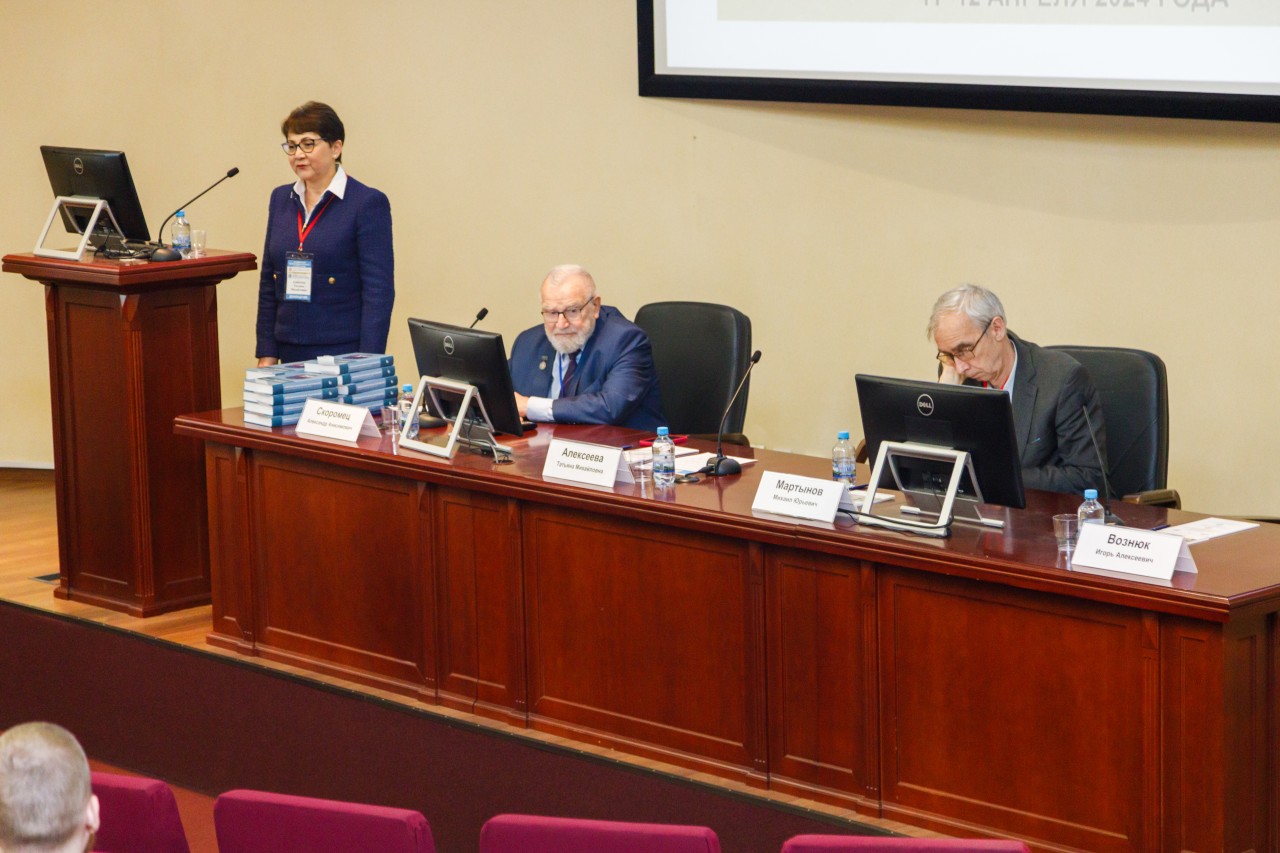
The poster session of young scientists, entitled 'The Future of Neurology — Today', was of particular interest. Following the tradition of the Almazov Centre, this session provides residents, postgraduates and other young promising scientists with the opportunity to present their ambitious projects for the judgement of professors of neurology and receive valuable advice. The best papers were awarded at the closing ceremony.
